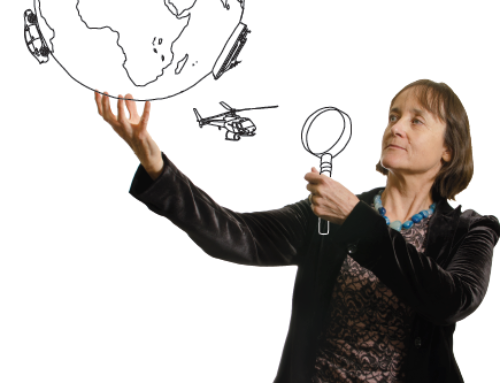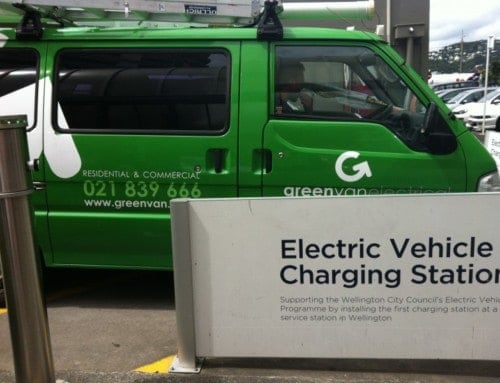Traditional weekend visits to the local shops are bring increasingly replaced by virtual shopping trips. From clothes to electronics to food, online shopping has revolutionised our shopping practices: it is ‘the new retail reality’.
In 2012, 1.8 million New Zealanders made an online purchase. A study by the New Zealand Retailers Association found that online purchases are now worth around $5 billion, including $1.6b of electronic delivery (e.g. downloads of books, music etc.).
Online shopping gives the consumer more choice by increasing access to international products. Consequently, New Zealanders are turning to international websites to get the best prices and new products.
In fact, a recent survey found that over 60% of respondents had purchased from international websites. And with many international websites now offer free postage to New Zealand (e.g. The Book Depository, ASOS), there is an increasing incen tive to shop online.
tive to shop online.
While internet shopping can reduce the need to battle through busy shops and stand in long queues, waiting for deliveries can also be quite infuriating – expecting a delivery between 12 and 4pm doesn’t fit particularly well with modern lifestyles – or the working week! However, technologies are impro
ving home delivery systems, for example leading to 30 minute time slots for delivery, and evening deliveries.
Online purchasing behaviours have fundamentally changed demand for urban freight services. Whereas courier drivers have ordinarily delivered parcels and documents from business to business (b2b), they are increasingly making deliveries from business to home (b2h), or to b2b where businesses are run from home.
These changes have motivated the Energy Cultures research team to explore the mobility cultures of urban freight in New Zealand.
A systematic review of urban freight literature was conducted during early 2015 by Dr Debbie Hopkins and Diana Kutzner. The review illuminated the dearth of social science research into urban freight/ courier delivery, and the growing interest in environmental sustainability issues relating to goods movement and delivery.
Importantly, it highlighted the focus on financial and temporal optimisation of freight systems, with little critical attention on the factors stimulating freight movements (e.g. purchasing behaviours, production and consumption), and low-carbon alternatives.
Following the review, Dr Hopkins and Alaric McCarthy completed a programme of interviews with courier companies in Auckland, Tauranga and Dunedin, speaking with both company managers and freight drivers, to uncover their perspectives on the opportunities and threats to the urban delivery, and to explore their ‘mobility cultures’.
Analysis of the empirical material is underway, and providing fascinating insights into the implications of changing patterns of production, consumption and delivery for material culture (e.g. the vans used), practices (e.g. delivery routes), and norms (e.g. delivery time expectations).
Findings from this research will be available on the energy cultures website as they become available: www.energycultures.org
Dr Debbie Hopkins
debbie.hopkins@otago.ac.nz
Dr Debbie Hopkins is an environmental sociologist and human geographer, working as a Postdoctoral Research Fellow at the Centre for Sustainability (CSAFE), University of Otago, New Zealand

 tive to shop online.
tive to shop online.



Leave A Comment